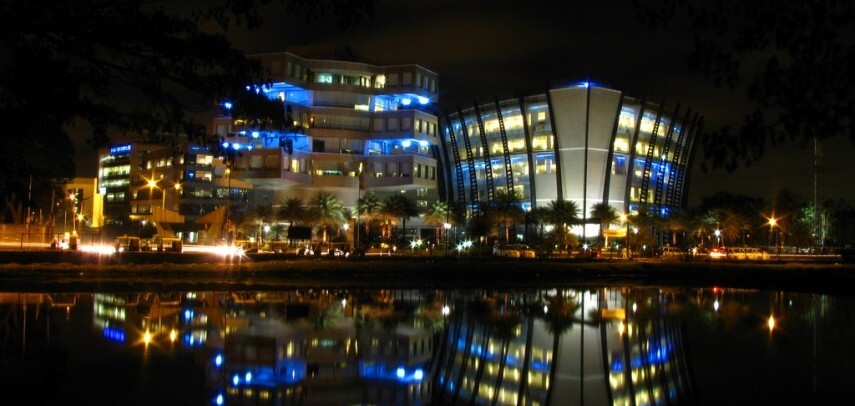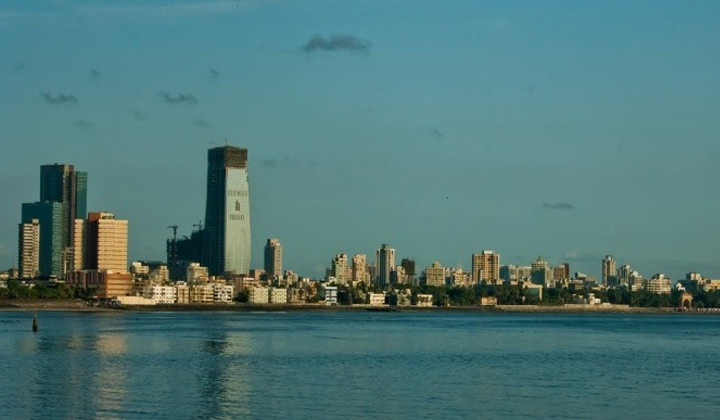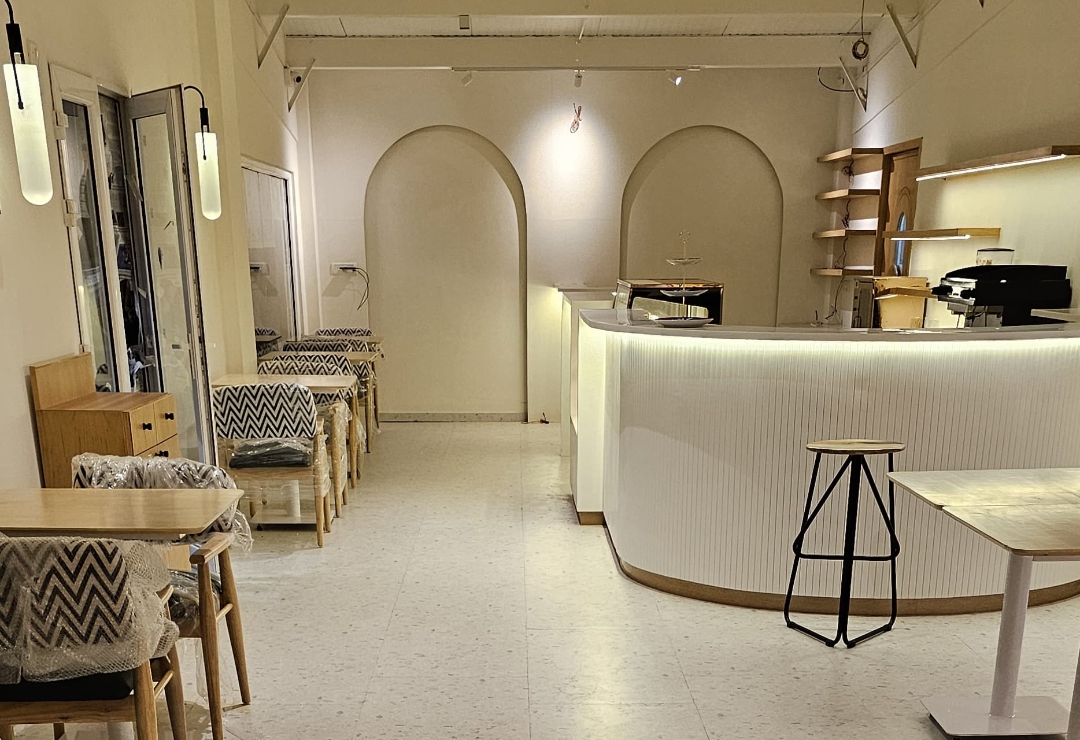Trending Now
- Action should be taken against the cops who protect the Ganja accused in TN : PMK leader Anbumani Ramdoss
- Votes that go to Congress or INDI alliance is a waste : PM Modi
- Court grants one-day custody to police to investigate Youtuber Savukku Shankar.
- We actually got our independence only in 2014. The independence to change this country as it should be : Actor , politician, Kangana Ranaut
Real Estate
What Makes Technology Clusters So Popular?
![]() February 19, 2016
February 19, 2016
Shanu
In India’s major startup hubs, real estate rents rose in 2015. According to global real estate consultancy firm CBRE, rents rose by 10 per cent in major startup hubs in Bengaluru, Hyderabad, the National Capital Region (NCR) and Mumbai. Throughout the world, when demand for commercial and office space rise in cities, demand for housing rises, too.
Throughout India, there are many industrial clusters, which include information technology (IT) clusters. Karnataka capital Bengaluru is well known for being an IT cluster. Similarly, Silicon Valley in San Francisco is a well-known IT cluster, though there are many important, but less well-known employment clusters throughout the US. When the IT revolution was taking off, many believed that this was an industry in which distributors and suppliers could be located anywhere in the world. However, the most well-known clusters are in the IT industry.
IT clusters like Silicon Valley and Bengaluru tend to be diverse and tolerant regions. Bengaluru, for instance, is populated largely by migrants. In many studies, the city is seen to be among the most diverse and tolerant among Indian cities. Migrant population is unusually high in Silicon Valley, too. Nearly a quarter of the founders of IT firms in Silicon Valley have Indian and Chinese founders. A noticeable segment of the population in Silicon Valley are bohemians.
Economists tend to think that firms cluster in areas because:
1) Knowledge spreads from one firm to another.
2) Many complex tasks need face to face interaction.
3) People in particular industries have a strong preference for community.
However, it would be surprising if bohemians and diverse individuals have a stronger preference for community than people in traditional industries. Technology nerds are less likely to want strong ties with strangers in the same industry. Moreover, when societies become modern, ties are weaker. Modern societies are more open to outsiders.
So, what explains this?
It is true that Bengaluru and Silicon Valley have good education institutions, which is true of many other cities in the two countries. So, this does not explain why these are startup hubs.
Even though technology nerds and software engineers may prefer weaker social ties, they are more likely to have a strong preference for cities which are open to outsiders. In other words, they do not prefer too much proximity, but they prefer cities that allow certain close circles. Moreover, startup founders need to be in environments, where eccentrics are employed by firms and funded by venture capitalists. This may not be true of cities where there is not greater concentration of talented eccentrics.
Psychologists tend to notice that when you are focused on a complex tasks, you do not have much will power to allocate to other tasks. Job hopping is very common in IT clusters. People who are intensely focused on their jobs would not want to change their city, too, when they change their jobs. This is also true of employers. There is always a large supply of potential employees in the city. Even though nerds and engineers have a weaker preference for being around other people, they have a much stronger incentive to be around people who are similar. They have probably much more to gain from being among other nerds and engineers than people who are very typical.
























